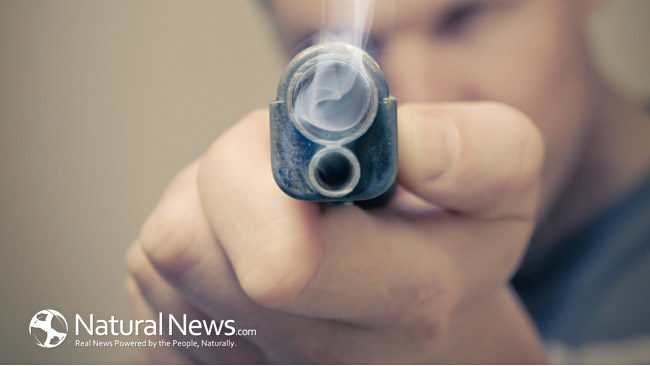April 16, 2007. Seung-Hui Cho, an undergraduate student at Virginia Tech shoots and kills 32 people and wounds 15 others before taking his own life.
January 8, 2011. Jared Lee Loughner, a former Pima Community College student kills 6 people and leaves 14 others injured, one of which is Congresswoman Gabrielle Giffords.
July 20, 2012. James Eagan Holmes, a former University of Colorado Anschutz Medical Campus graduate kills 12 people and injures 58 others in a public movie theater during a midnight premiere.
December 14, 2012. Adam Lanza, a former Western Connecticut State University student shoots 20 children and 6 adults at Sandy Hook Elementary School.
June 7, 2013. John Zawahri callously murders 6 people and injures four others before being killed in the Santa Monica College Library by police officers.
September 16, 2013. Aaron Alexis executes the second-deadliest mass murder on a U.S. military base by fatally shooting 12 people and injuring 3 others at the headquarters of the Naval Sea Systems Command inside the Washington Navy Yard.
All these incidents differed in time and location, yet they shared one powerful commonality: the shooter was believed to be suffering from mental illness.
These mass shootings have elicited a call to focus on mentally ill individuals, early detection of mental illness, and the interactions of suffering individuals with physicians as a way to solve gun violence.
One proposal that has come from this is the restriction of gun access to the mentally ill. Dilip Jeste, MD, the former president of the American Psychiatric Association has essentially linked mental illness with the mass shooting at Sandy Hook Elementary School, by suggesting that improvements in the mental health field could have prevented the shootings.
Ryan Chaloner Winton Hall, MD and Susan Hatters Friedman MD, authors of the Mayo Clinic Special Article Guns, Schools, and Mental Illness: Potential Concerns for Physicians and Mental Health Professionals, seem to disagree, “Although increases in mental health funding are welcomed, linking it to the recent mass shootings, as was done by a former American Psychiatric Association (APA) president, may be counterproductive by increasing the stigma regarding mental illness and creating the impression that ‘fixing’ the mental health field will defacto prevent or considerably reduce future episodes of violence.”
J. Michael Bostwick MD, a Mayo Clinic psychiatrist agrees. Bostwick argues that mass shootings are often carefully planned weeks or months before the actual event.
This allows an unwavering murderer to come into possession of a weapon, ultimately surpassing any potential laws that are enacted. Bostwick further argues that mentally ill people in a country with gun rights still have rights.
“We also tend to ignore the reality that as long as the Second Amendment is the law of the land, the right to bear arms and therefore personal gun ownership, whether of long guns for hunting or handguns for personal protection, will be an integral part of the American scene,” said Bostwick.





